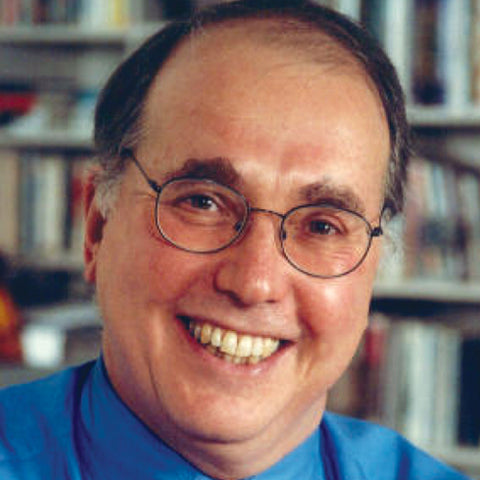
James S. Gordon
James S. Gordon, MD, a Harvard-educated psychiatrist, is a world-renowned expert in using mind-body medicine to heal depression, anxiety, and psychological trauma. He is the founder and director of The Center for Mind-Body Medicine (CMBM), a clinical professor in the Departments of Psychiatry and Family Medicine at Georgetown Medical School, and recently served as chairman of the White House Commission on Complementary and Alternative Medicine Policy.
Dr. Gordon has created groundbreaking programs of comprehensive mind-body healing for physicians, medical students, and other health professionals; for people with cancer, depression and other chronic illnesses and conditions; for traumatized children and families in Bosnia, Kosovo, Israel, and Gaza as well as in post-9/11 New York City and post-Katrina southern Louisiana; and with US military personnel returning from Iraq and Afghanistan. Dr. Gordon and his colleagues have trained 3,000 health and mental health professionals in the US and overseas to more effectively address the psychological trauma within their communities, as well as to deal with chronic illness. He and his CMBM colleagues have also supervised and trained local leadership teams to make the CMBM model a fully integrated and sustainable part of the local healthcare system.











